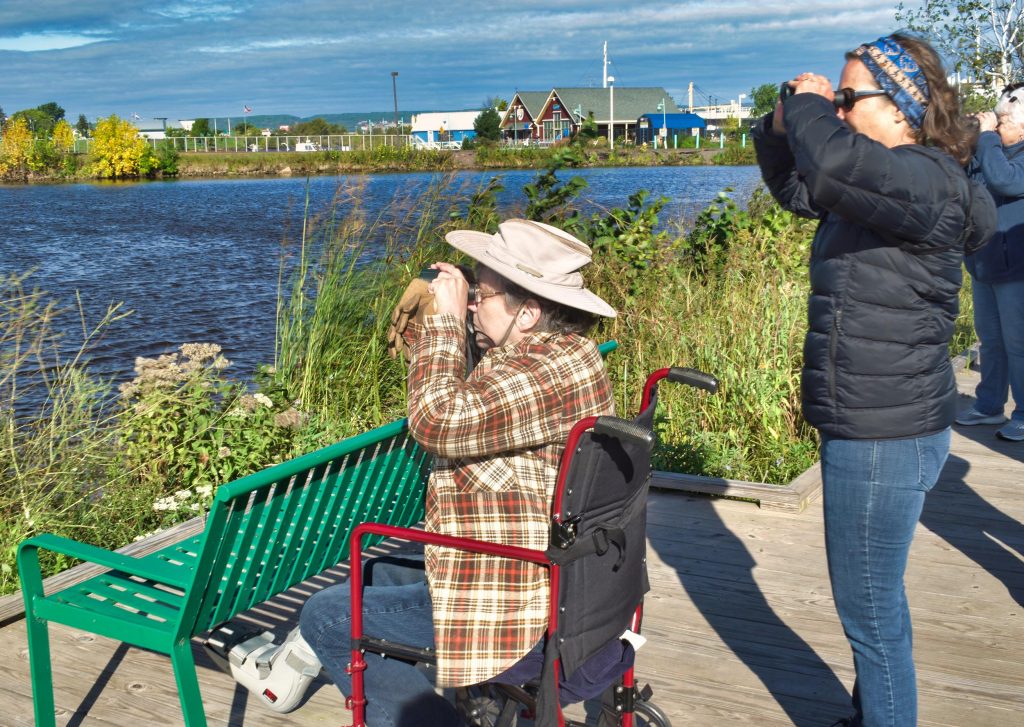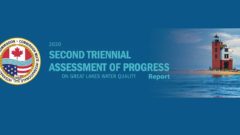Free Webinar: Create a Beautiful Landscape Free of Invasive Plants
Horticulturist, author, and speaker Melinda Myers will discuss key invasive plants in Wisconsin, share tips on identification, provide ways to control some of the more common problem plants, and suggest alternative plants foSee attached a recent article that Bret Shaw, myself, and other collaborators recently had published in Biological Invasions. Below and attached is some text that helps explain the results of the paper that you can feel free to use in any newsletters you all provide content for. Also attached is factsheet we produced as part of this project a few years ago that covers some of the other recommendations from this project.r your landscape. We hope you can join Melinda to learn more about this important issue.
Webinar: February 28th, 2024 6:30pm
Questions? Comments? Contact Chris Acy, the AIS Coordinator covering Brown, Outagamie, Fond du Lac, Calumet, and Winnebago Counties at (920) 460-3674 or chris@fwwa.org!
Follow the Fox Wolf Watershed Alliance’s Winnebago Waterways Program on our Winnebago Waterways Facebook page or @WinnWaterways on X! You can also sign-up for email updates at WinnebagoWaterways.org.
Check out the Keepers of the Fox Program at https://fwwa.org/watershed-recovery/lower-fox-recovery/
Winnebago Waterways and Keepers of the Fox are Fox-Wolf Watershed Alliance programs. The Fox-Wolf Watershed Alliance is an independent nonprofit organization working to protect and restore water resources in the Fox-Wolf River Basin.
Reporting invasive species is a first step in containing their spread. Maintaining and restoring our waters and landscapes can reduce the impacts even when we don’t have other management options to an invasive species.
The post Free Webinar: Create a Beautiful Landscape Free of Invasive Plants appeared first on Fox-Wolf Watershed Alliance.
Fox-Wolf Watershed Alliance
https://fwwa.org/2024/02/15/free-webinar-create-a-beautiful-landscape-free-of-invasive-plants/?utm_source=rss&utm_medium=rss&utm_campaign=free-webinar-create-a-beautiful-landscape-free-of-invasive-plants


